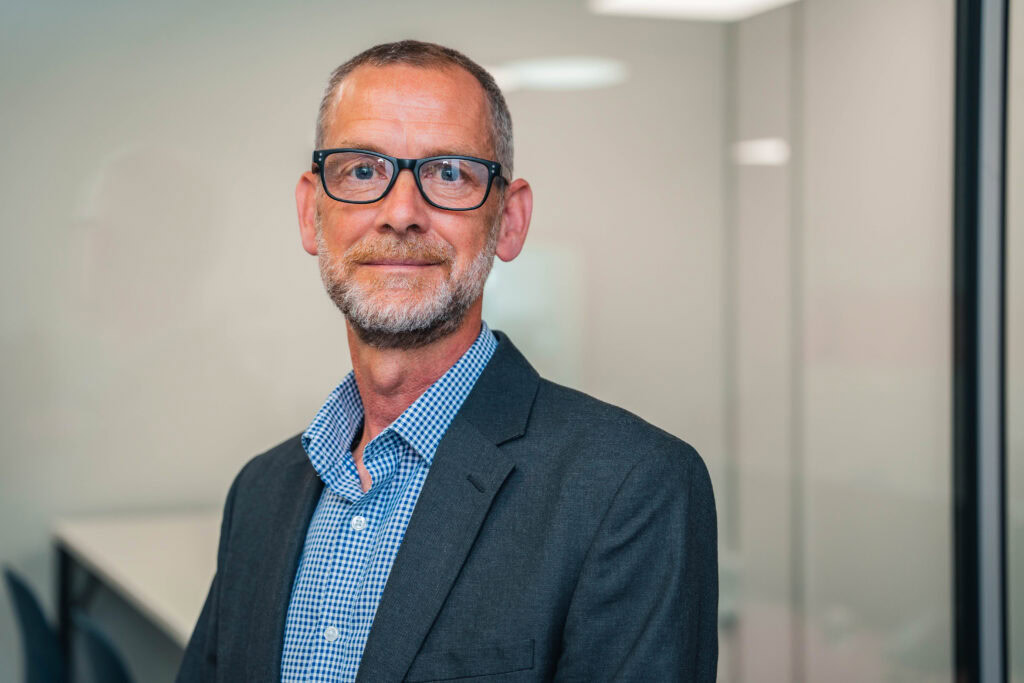OPINION: Toward the end of last year, The ESA published a report on its strategy for successfully applying the Emissions Trading Scheme (ETS) to energy recovery operations. The document set out five priority areas for success:
- Developing a deliverable timetable
- Avoiding unintended consequences
- Developing clear and practical implementation mechanisms
- Ensuring sustainable economic impacts
- Incentivising investment in both recycling and carbon capture infrastructure
This marked significant progress, as including energy recovery in the ETS will contribute to sectoral decarbonisation and encourage investment in green circular technologies.

However, confirmation that Energy from Waste (EfW) and incineration plants will come under the ETS from 2028 has sounded a warning bell for waste handlers.
With the expectation of increasing gate fees and price hikes being passed to customers, waste handlers will need other disposal routes or processing methods, particularly for waste that can’t be recycled.
Of course, the waste community is no stranger to regulatory change, but having one eye firmly on the legislative horizon is vital for those who want to keep operations running smoothly and compliantly.
Waste segregation
Taxation, like the ETS, is part of the Government’s move to drive further waste segregation. Despite constant debate in the industry about who should bear the cost of this tax, EfW operators seem very comfortable in their current position, suggesting it’s their customers who will shoulder the burden via increased gate prices.
The waste industry giants can negotiate better prices and build the infrastructure to stay competitive even when the gate prices rise by up to £80 per tonne, according to Tolvik, but what about the independent regional companies? Will they be able to absorb the cost to stay competitive? The likely answer is no.
As a result, we expect this tax to encourage more waste handlers to embrace new offtake routes and waste innovation so they can reduce operating costs, gain a competitive edge, and grow profit margins.
While some waste handlers may choose ‘business as normal’ until nearer the 2028 deadline, those who act now will feel the most significant gains. Not only will waste handlers unlock cost and carbon savings now, but they’ll also have disposal routes confirmed well ahead of time, offering extra reassurance to their customers.
Change
The latter is significant, especially against a landscape of legislative change. There’s already a marked push towards net zero, and many businesses now have to report on Scope 3 emissions, which means they want to know their waste is creating as few carbon emissions as possible. These businesses need to know the exact tonnage of their waste and its associated emissions and have identified a path for future reduction and diversion. Waste handlers have to be able and willing to provide that data.
Cement production is one industry keen to reduce its carbon footprint and has been part of the ETS for some time. One way to do this is by powering kilns with biogenic carbon-rich solid recovered fuel (SRF) derived from unrecyclable waste. Cement producers have been steadily increasing their use of SRF in recent years as it helps to lower their ETS tax burden without compromising the quality of the combustibles they use.
Historically, waste handlers have required expensive plants and infrastructure to create SRF. However, innovative biotechnology now allows smaller regional waste handlers to access this offtake route and create SRF on their own sites without onerous financial implications.
Pressure
With businesses under increasing pressure to address their environmental impact, technology that unlocks the potential of biogenic carbon will be critical. Through waste-derived SRF, biotechnology offers energy-intensive industries a genuine alternative to traditional processes.
It brings choice to waste handlers and helps to support more circular ways of thinking by reducing waste, protecting the environment, and improving businesses’ bottom lines. And that’s something we can all get behind.






Subscribe for free